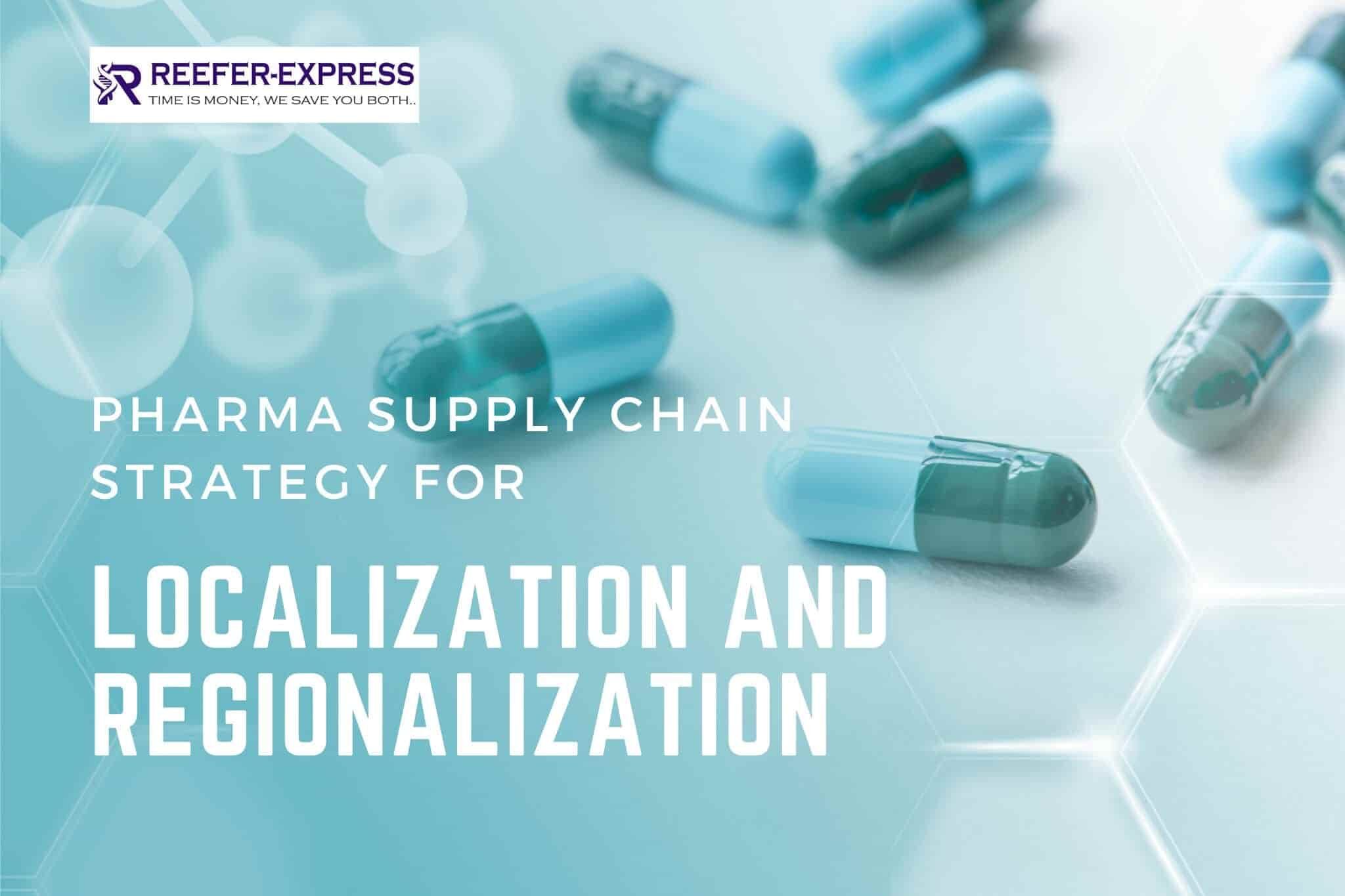The strategy for pharmaceutical supply chain consulting services should focus on localization and regionalization. Localization involves helping clients understand the local regulations and business environment related to the distribution of pharmaceuticals. Regionalization focuses on understanding the larger, regional differences in regulatory systems, transportation networks, and other factors that impact the efficient delivery of pharmaceutical products.
The right PHARMA supply chain consultation strategy should have localization and regionalization at its core. This means that the experts need to assess the current market conditions, customer requirements and needs, as well as local and regional regulations. Based on this assessment, they can then develop a customized plan for success in each particular area.
This guide provides several key strategies for localizing and regionalizing PHARMA supply chain consulting efforts, with a focus on the following:
1. Identifying Local Needs and Requirements: This involves understanding the local market’s needs and requirements in order to develop solutions that meet those specific needs. It is essential to look into customer preferences, local regulations, and any other relevant factors that could affect the success of a PHARMA supply chain consulting strategy.
2. Developing Local Partnerships: By partnering with local businesses, organizations, and other entities, you can gain greater insight into local needs and requirements. This also provides an opportunity to build regional relationships that can benefit everyone involved in the process.
3. Optimizing Supply Chain Efficiency: Utilizing the latest technologies and processes to improve supply chain efficiency can help reduce costs and improve customer service. This includes automating certain tasks, such as inventory tracking or order fulfillment, in order to streamline operations.
4. Assessing Regulatory Requirements: Depending on the region, different regulations may be in place regarding the import, export, and distribution of PHARMA products. It is important to understand the impact these regulations have on operations in order to comply with them while still meeting customer requirements.
Pharma supply chain consulting can be a complex and challenging process, but with proper understanding of local and regional needs and requirements, it can lead to great success.
How Pharma Companies Adapt to the Latest Trends and Requirements
The pharmaceutical industry is subject to a complex network of laws, regulations and supply chains. To stay competitive, companies must keep up with the latest trends in technology, process optimization and customer service. In order to do this, they should focus on investing in four core areas:
1. Automation & Digitalization: Companies should invest heavily in the automation and digitalization of their operations. This includes developing digital systems that streamline internal processes like order fulfillment, inventory management, customer service and returns processing. Automation can also improve back-end processes such as supplier management, warehouse optimization and product tracking.
2. Data Utilization: Companies need to be able to make sense of the data they collect both internally and externally. This includes developing strategies to analyze customer trends, product performance and customer preferences. By leveraging this data, companies can make better decisions when it comes to optimizing their operations or introducing new products and services.
3. Supply Chain Optimization: In order to stay competitive, companies should invest in the optimization of their supply chain. This includes understanding each step of the process from source to customer and making sure all necessary processes are in place to ensure efficiency, accuracy and safety. Companies should also work on developing relationships with their vendors and distributors to ensure products arrive on time and correctly.
4. Regulatory Compliance: In order to remain compliant with local regulations, companies should invest in the necessary technology and training to stay up-to-date. This includes understanding data protection laws, safety regulations, import/export requirements and labeling protocols. Companies should also have a plan for responding to changes in these regulations quickly and efficiently.
By investing in these four core areas, companies can ensure that their operations are constantly adapting and evolving in response to changes in the industry. This will help them remain competitive and profitable while ensuring that they are compliant with relevant laws and regulations.
Final Thoughts
In conclusion, Pharma supply chain consulting should involve localization and regionalization to ensure maximum efficiency and compliance. Companies should focus on identifying local needs, developing partnerships, optimizing their supply chain and assessing regulatory requirements. In addition, companies should invest in automation, data utilization, supply chain optimization and regulatory compliance to stay competitive. By following these strategies, companies can ensure that their PHARMA supply chain consulting services are up-to-date and successful.
Pharma Supply Chain Services By Reefer Express
offers a range of PHARMA supply chain services, including regulatory compliance analysis and implementation; data management; inventory management; order fulfilment; customer service monitoring and optimization; supplier management and market intelligence. Our team consists of experienced professionals with expertise in the pharmaceutical industry who can help you create an effective PHARMA supply chain strategy that is tailored to your individual needs. Contact us today for more information on our PHARMA supply chain services!






